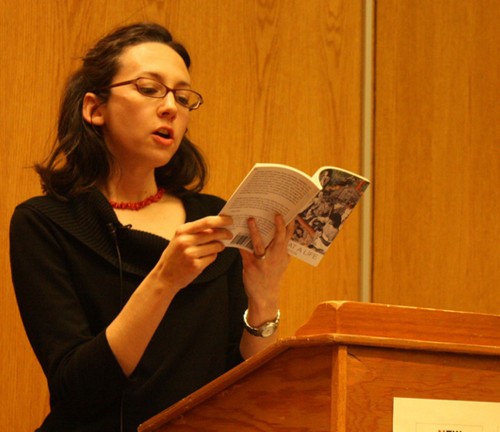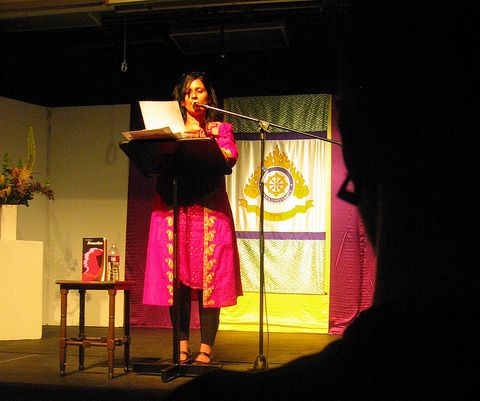Because Roxane’s recent post on Davis Schneiderman’s novel Blank engaged so thoughtfully with my ongoing “What is Experimental Literature” series (pt. 1, pt. 2, pt. 3), I decided to postpone my previously planned posting (which deals with the critical theory of Roland Barthes), and instead directly address Schneiderman’s novel and what I perceive to be Roxane’s basic concern about it: namely, what to do with it.
Unfortunately, my series on experimental literature offered Roxane no help in dealing with Schneiderman’s novel. The reason, I would argue, is that Blank moves out of the boundary zone of experimental literature and into the boundary zone of conceptual literature. The difference between those categories seems just as significant as the distinctions between experimental and conventional literature, and therefore require yet another set of heuristics.
I must say, I love the problems that conceptual literature presents to my attempts at understanding experimental literature. For one thing, it works to disrupt any notion of binary opposition: no longer can anyone mistakenly assume that I’m presenting an either/or when I discuss the relationship between experimental and conventional literature — the spectre of conceptual literature invalidates any such assumption by demonstrating the possibility of other potential categories. For another thing, I think conceptual literature can help to recalibrate our expectations and assumptions about experimental literature.
What follows is my attempt at answering what I perceive to be Roxane’s query regarding Schneiderman’s novel, as well as an attempt to grapple with the differences between conceptual and experimental works.
READ MORE >








